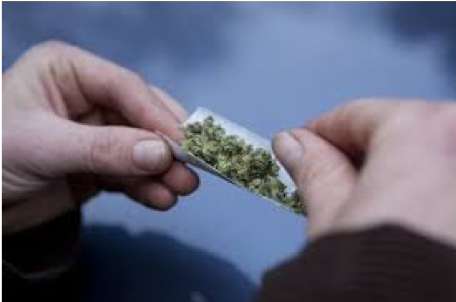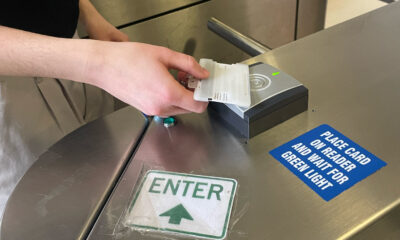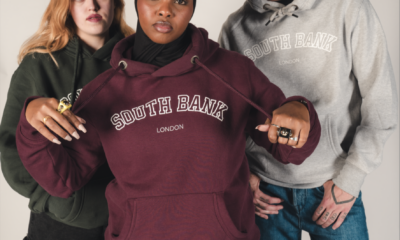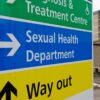A low point of COVID, time to get high
By Eleanor Foakes
Drug use across the world has been a rising problem amongst the youths throughout the years. In the UK, it was revealed that 38% of teens have used drugs in 2017. So, does this mean being stuck indoors for over a year, has drug use declined or increased?
According to 22.7% of drug users they have claimed that their intake of cannabis has risen. The usage of cannabis has been used to treat mental disorders and physical ailments across the world. This correlates with the increase in mental health problems that have developed over lockdown, turning those suffering to “self-medicate”.
Drug related crimes have dramatically risen by 30% during lockdown. With the increasing use of medical marijuana being made available in medical practice it raises the question whether more damaging drugs have found a demand within the market.
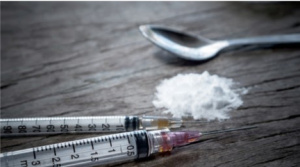
Heroin and cocaine are among the most popular illicit substances that have been used in the UK, and the outcomes of opioid usage are extremely prominent. With a surge of opioid overdose deaths surging in 2020, there is no doubt that the effects of lockdown have failed those who rely heavily on illicit substances.
So what has been done to help those in need with the slowed functioning of rehabilitation centres due to social distancing guidelines? In Nottinghamshire, police have been circling public areas, tackling down the source of the problem; interactions between those who sell and those who use.
“Police be bare sus nowadays… I mean it’s normal for someone looking like me to get stopped and searched but I don’t know how to describe it, it just feels way more intense” an avid user describes his experience during a search a few weeks ago.
This can be seen in a perhaps, “killing two birds with one stone” perspective as it enforces social interaction and social distancing rules, while also removing the exchange in illicit substances.
Is trying to minimise in person drug exchanges enough to decrease the heightened amount of opioid usage? Especially in lockdown, wouldn’t extra support be a good route to take? To use the term ‘self-medicating’, would extra support for those who feel isolated, alone and desperate be an ideal way to help those in need get back on their feet especially in times like these?
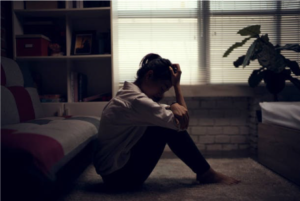
Providing support and encouragement for those heavily reliant on drug usage in a time where the world has completely changed would be an alternate route to in person rehabilitation centres, perhaps by using online facilities and hotlines. However, as some don’t have access to such features perhaps due to cost and facilities unavailable, this again opens the door for more questions on how this can be solved.
For those who are struggling with dependency on narcotics and substances, there are services such as Narcotics Anonymous (https://ukna.org), We Are With You (https://www.wearewithyou.org.uk) and Club Drug Clinic (https://clubdrugclinic.cnwl.nhs.uk).


